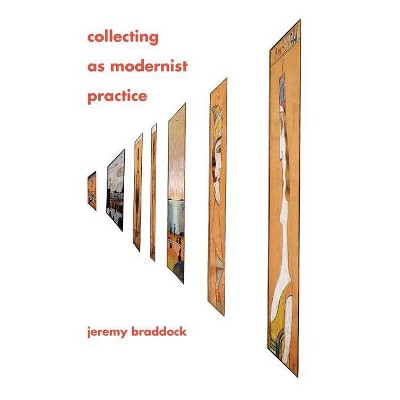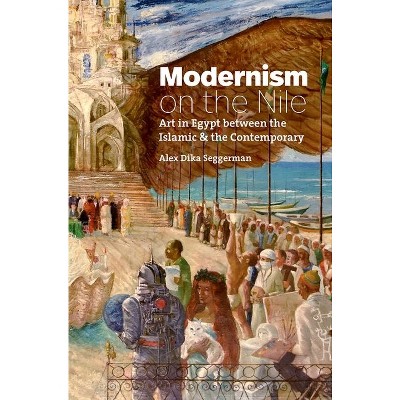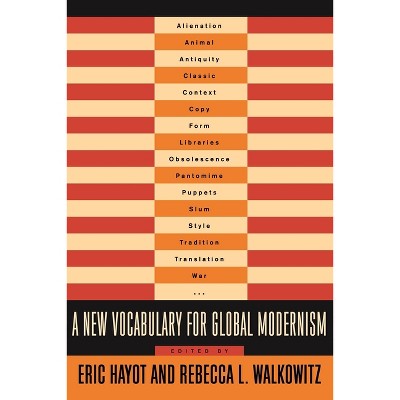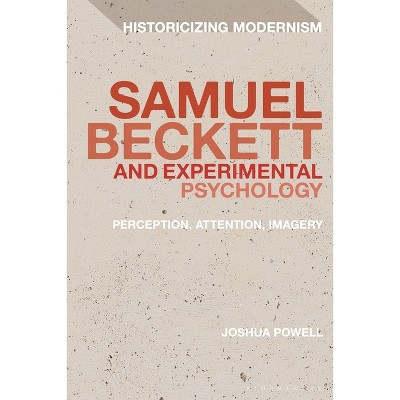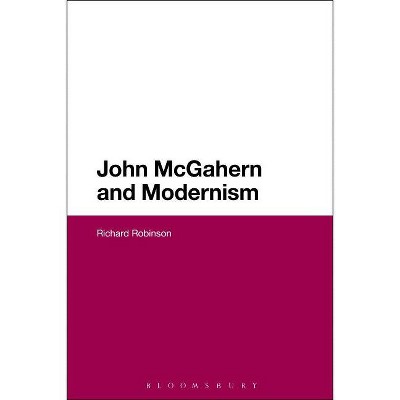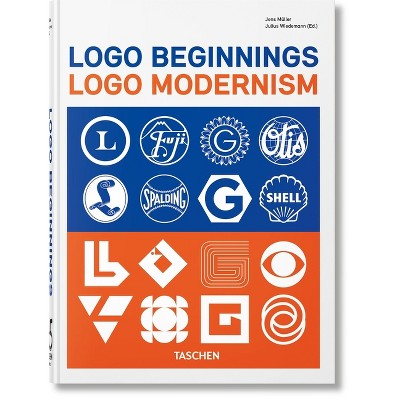Decadence in the Age of Modernism - (Hopkins Studies in Modernism) by Kate Hext & Alex Murray (Hardcover)

About this item
Highlights
- The first holistic reappraisal of the significance of the decadent movement, from the 1900s through the 1930s.
- About the Author: Kate Hext is a senior lecturer in English at the University of Exeter.
- 304 Pages
- Literary Criticism, Semiotics & Theory
- Series Name: Hopkins Studies in Modernism
Description
About the Book
Contributors: Howard J. Booth, Joseph Bristow, Ellen Crowell, Nick Freeman, Ellis Hanson, Kate Hext, Kirsten MacLeod, Kristin Mahoney, Douglas Mao, Michèle Mendelssohn, Alex Murray, Sarah Parker, Vincent SherryBook Synopsis
The first holistic reappraisal of the significance of the decadent movement, from the 1900s through the 1930s.
Decadence in the Age of Modernism begins where the history of the decadent movement all too often ends: in 1895. It argues that the decadent principles and aesthetics of Oscar Wilde, Walter Pater, Algernon Swinburne, and others continued to exert a compelling legacy on the next generation of writers, from high modernists and late decadents to writers of the Harlem Renaissance. Writers associated with this decadent counterculture were consciously celebrated but more often blushingly denied, even as they exerted a compelling influence on the early twentieth century.
Offering a multifaceted critical revision of how modernism evolved out of, and coexisted with, the decadent movement, the essays in this collection reveal how decadent principles infused twentieth-century prose, poetry, drama, and newspapers. In particular, this book demonstrates the potent impact of decadence on the evolution of queer identity and self-fashioning in the early twentieth century. In close readings of an eclectic range of works by Virginia Woolf, James Joyce, and D. H. Lawrence to Ronald Firbank, Bruce Nugent, and Carl Van Vechten, these essays grapple with a range of related issues, including individualism, the end of Empire, the politics of camp, experimentalism, and the critique of modernity.
Contributors: Howard J. Booth, Joseph Bristow, Ellen Crowell, Nick Freeman, Ellis Hanson, Kate Hext, Kirsten MacLeod, Kristin Mahoney, Douglas Mao, Michèle Mendelssohn, Alex Murray, Sarah Parker, Vincent Sherry
Review Quotes
Decadence in the Age of Modernism is an illuminating and ground-breaking consideration of an under-examined subject, one that ably demonstrates that the fin not only outlived the siècle, it thrived in a new century.
--Richard A. Kaye "Modernism/Modernity"Decadence in the Age of Modernism provides essential reading for decadence studies, continues a necessary intervention in modernist studies, and suggests important changes to twentieth-century literature surveys.
--Robert Stiling "Nineteenth-Century Contexts"...distinguished and exceptional.
--Robert Finnigan "Victoriographies"Decadence in the Age of Modernism will be of great import for scholars concerned with Decadent art and literature and would work well as a required text for graduate seminars on Decadent literature and visual and material culture.
--Julia Skelly "Victorian Studies"On the whole, Decadence in the Age of Modernism is a considerable accomplishment that offers much to discover.
-- "The Modernist Review"This book vividly demonstrates the value of bridging the fields of Victorian, Modernist, and Harlem Renaissance studies.
--Mimi Winick "The Journal of Pre-Raphaelite Studies"This collection of essays offers a series of fascinating examples that illuminate the nuances of this relationship and, crucially, collectively draw attention to the plurality of both traditions in a period too often dominated by the high modernist canon.
--Natasha Ryan "Decadence and Cinema"About the Author
Kate Hext is a senior lecturer in English at the University of Exeter. She is the author of Walter Pater: Individualism and Aesthetic Philosophy. Alex Murray is a senior lecturer in modern literature at Queen's University, Belfast. He is the author of Landscapes of Decadence: Literature and Place at the Fin De Siècle.
Shipping details
Return details
Trending Fiction






